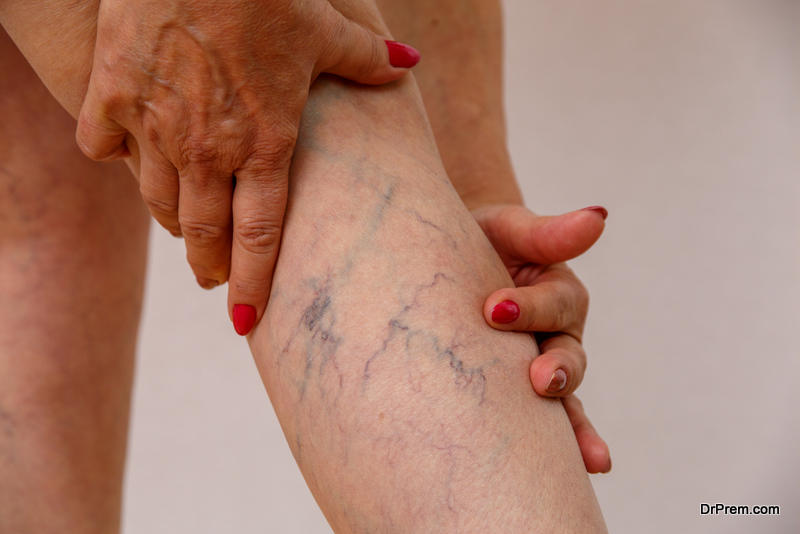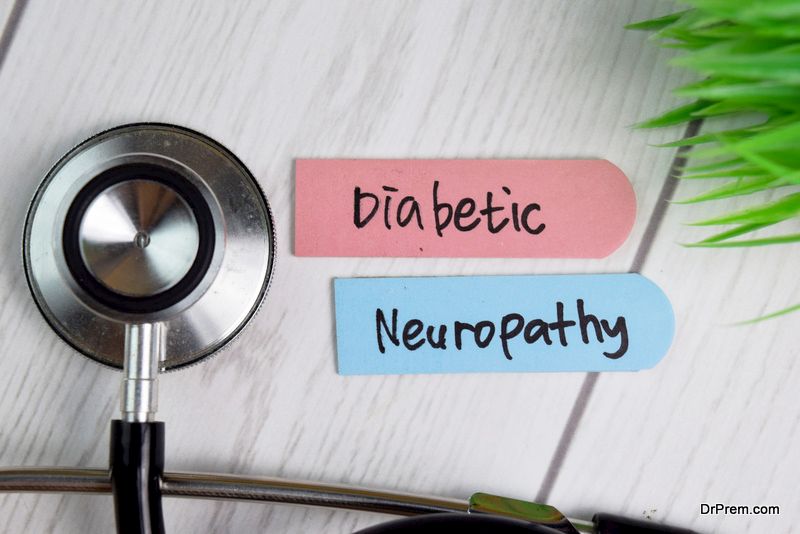Vein health is an essential part of overall health and wellness. However, many people are unaware of how their veins work and what can affect them. This can be particularly true for those who live with chronic conditions such as diabetes.
Diabetes is a condition that affects both the blood vessels and the nerves. How diabetes affects vein health depends on the number of complications, including poor circulation and nerve damage. These complications can lead to vein problems, such as vein disease.
If you have diabetes, it’s essential to know how it can affect your vein health. This article will provide an overview of how diabetes affects vascular health and some available treatment options.
1. Damage to The Walls of The Veins
Diabetes Can Damage The Walls Of The Veins, and this is how diabetes affects vein health by making them weak and less elastic. This can cause the veins to bulge and, in severe cases, can lead to blindness.
2. High Levels of Blood Sugar
Diabetes can cause high levels of sugar in the blood, leading to clots forming. These clots can block blood flow and cause severe complications like a heart attack or stroke. Therefore, it is essential for people with diabetes to maintain their blood sugar levels under control.
3. Cause Neuropathy
Diabetes can cause several complications, one of which is neuropathy. Neuropathy is a kind of illness in which the nerves are damaged, causing pain, numbness, and tingling in the extremities. Diabetes can cause neuropathy because high blood sugar levels can damage the nerves.
Treatments For Vascular Diseases

There are many different treatments for vascular diseases. Some of the most common treatments include Varicose and Spider vein treatments. These treatments can often be very effective in treating vascular diseases.
Varicose Vein Treatment
Several treatments are available for varicose veins, ranging from home remedies to surgery. The best course of treatment will depend on the severity of your condition. Below listed are the most common varicose vein treatments:
- Home remedies include wearing loose-fitting clothing, elevating your legs, and exercising regularly.
- Compression stockings: These stockings apply gentle pressure to your legs and help to improve circulation.
- Sclerotherapy is a procedure where a solution is injected into your veins, causing them to collapse and fade away.
- Endovenous laser therapy is a minimally-invasive procedure where a laser is used to close off your affected veins.
- Surgery: In severe cases, surgery may be necessary to remove your varicose veins.
Spider Vein Treatment
Spider veins are small, twisted blood vessels that appear just under the skin’s surface. They are usually red, blue, or purple and can occur on any body part but are most common on the legs and face. Although they are usually harmless, spider veins can be unsightly and cause some people to feel self-conscious about their appearance.
Fortunately, there are several treatment options available for spider veins. Sclerotherapy is a standard method that involves injecting a solution into the veins, which makes them collapse and disappear from view. There are also laser and light treatments that can be used to destroy the veins. Spider veins usually require multiple treatments to disappear completely, but the good news is that they can be effectively minimized.
Bottomline
Diabetes is a chronic disease that can significantly impact your vein health. Over time, diabetes can damage the veins and cause them to narrow, block, or leak. This can lead to severe problems, such as venous insufficiency, ulcers, and even amputation. If you have diabetes, it is essential to monitor your vein health closely and get proper treatment for any problems.
Article Submitted By Community Writer




